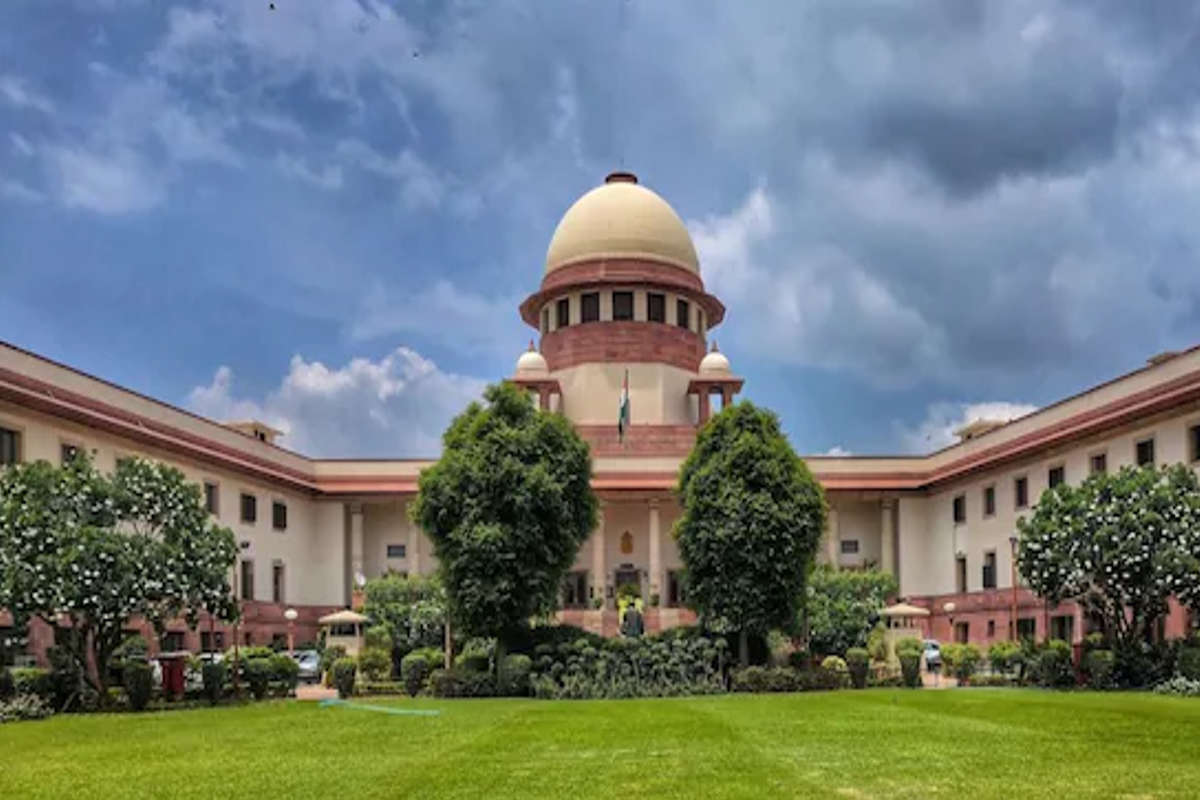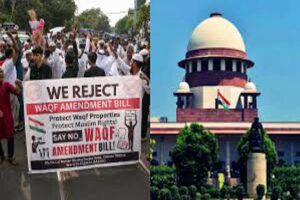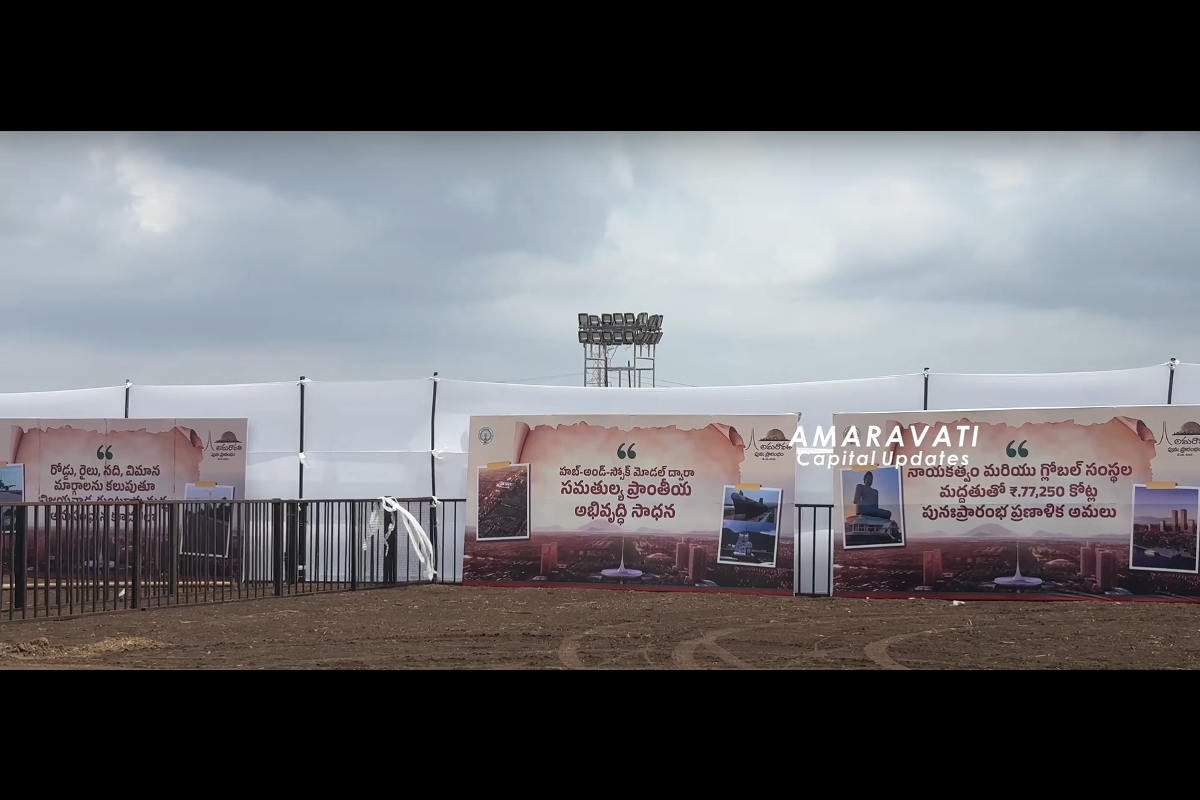
The Supreme Court of India has paused key provisions of the Waqf Amendment Act 2025, citing constitutional concerns. Learn about the case, the government’s stance, and upcoming legal steps.
Date: April 17, 2025
In a major legal development, the Supreme Court of India has granted interim relief by staying critical provisions of the Waqf Amendment Act 2025, following a series of petitions challenging the law’s constitutional validity. This decision provides temporary protection for waqf properties amid nationwide protests and concerns from religious and civil rights organizations.
Supreme Court’s Interim Order on Waqf Act 2025:
A Supreme Court bench led by Chief Justice Sanjiv Khanna, along with Justices Sanjay Kumar and K.V. Viswanathan, heard multiple pleas questioning the legality of the newly passed Waqf Amendment Act. The Court was informed by Solicitor General Tushar Mehta, representing the Union Government, that:
- No waqf properties, including those designated as waqf by user, will be denotified.
- There will be no new appointments to the Central Waqf Council or State Waqf Boards until May 5, 2025.
These assurances led the Court to direct the government to maintain the status quo regarding waqf land and appointments.

Also Read: Waqf Amendment Act 2025: Nationwide Protests and Legal Challenges Explained
Key Issues in the Waqf Amendment Act 2025:
The Waqf Amendment Act, 2025, has stirred nationwide debate for introducing several controversial provisions, such as:
- Allowing district collectors to convert waqf land into government land without a court ruling.
- Inclusion of non-Muslim members in waqf boards and councils, raising concerns about religious autonomy.
The Supreme Court questioned the need for appointing non-Muslims to Islamic religious bodies, which many argue violates the community’s rights under Articles 25 and 26 of the Constitution.
📌 Read more about the Waqf Act’s background from PRS Legislative Research.
What’s Next?
The Centre has been granted one week to respond to the constitutional concerns raised in the petitions. The Court has set the next hearing for May 5, 2025, where further deliberations and interim directions are expected.
Conclusion:
The Supreme Court’s intervention in the Waqf Amendment Act 2025 is a crucial step in protecting religious rights and legal fairness. As the legal battle unfolds, stakeholders across political and civil society circles await the final verdict on a law that could reshape religious property governance in India.
📰 Stay updated with NewsAffair360 for real-time coverage on constitutional matters, legal reforms, and community rights.
Stay updated with NewsAffair360!
Follow us on Facebook, X (Twitter), Instagram, and YouTube for the latest political and world news updates.







